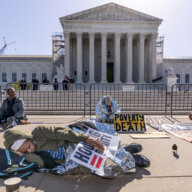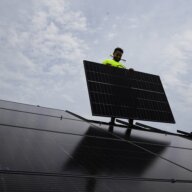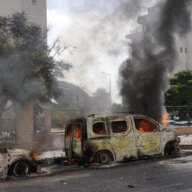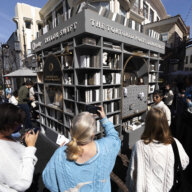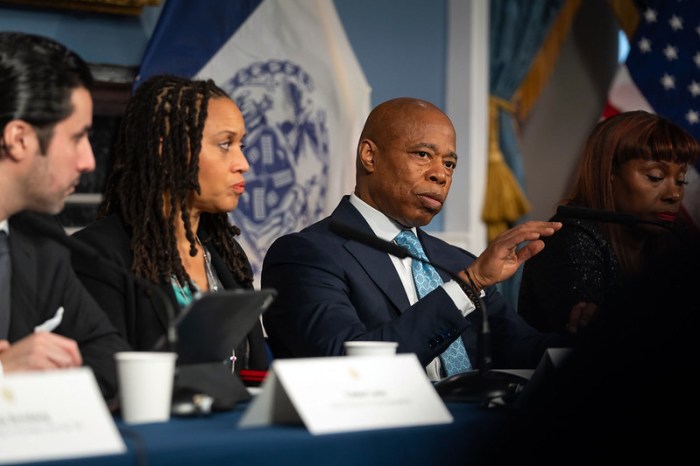A massive heat wave is excepted to hit the Northeast this week, forecasters predict.
According to weather.gov, a heat wave is defined as, “a period of unusually hot weather that typically lasts two or more days. To be considered a heatwave, the temperatures have to be outside the historical averages for a given area.”
A majority of the East Coast is expected to be affected by the heat wave through the weekend. Temperatures in New York City and Philadelphia will likely hit a heat index of between 105 to 110 degrees, according to the National Weather Service.
New Yorkers should expect the heatwave to begin Wednesday and last through Monday, July 22. New York City is not under an excessive heat warning, but it is possible for that to change. Forecasters said temperatures in the city will reach the mid to upper 90s.
The Philadelphia region will get hit a bit harder.
Temps in Philly are expected to reach the high 90s and may spike into the 100s starting Wednesday and lasting through Sunday, the National Weather Service reports. As a result, Philly is under an excessive heat watch, which the National Weather Service defines as a prolonged period of hot temperatures that post health risks.
“The combination of hot temperatures and high humidity will combine to create a dangerous situation in which heat illnesses are possible,” NWS forecasters say.
According to ready.gov, extreme heat is to blame for the most weather-hazard deaths, annually.
Here’s how to stay safe during a heatwave according to FEMA: find air conditioning, avoid doing anything strenuous, wear light clothing, check on neighbors and family, drink a ton of fluids, never leave anyone including your pets in the car. Pay attention to those around you to see if they are suffering from heat illnesses such as heat cramps, heat exhaustion, and heatstroke.
If someone is suffering from heat cramps, they will likely have muscle pains or spasms primarily in their arms, legs, or stomachs. To help the person suffering FEMA suggests, “Go to a cooler location. Remove excess clothing. Take sips of cool sports drinks with salt and sugar.”
In case you’re worried someone is suffering from heat exhaustion, some symptoms include; heavy sweating, cramps, sleepiness, weakness, paleness, dizziness, nausea or vomiting, fainting, or headaches. FEMA suggests those suffering from heat exhaustion find a cool location, rest, and hydrate. If symptoms persists for an hour, or get worse, seek medical attention.
If someone is having a heat stroke, they will likely have a high body temperature (over 103 degrees, according to FEMA), skin that is red, hot, dry and has no sweat, a strong pulse, and suffer from confusion. They could be unconscious or dizzy, as well. If someone is suffering from heat stroke, they are urged to go to a hospital or call 911, and coold down while awaiting help.










